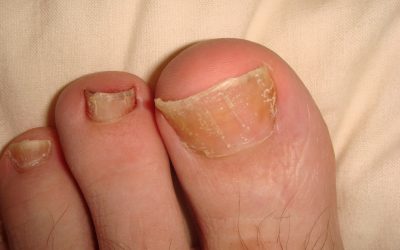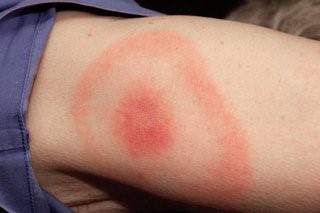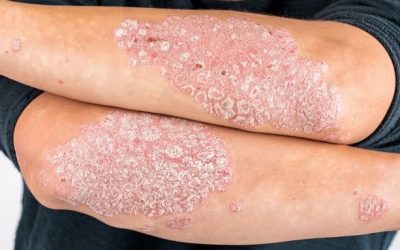Adult acne.
Is acne just a teenage disease?
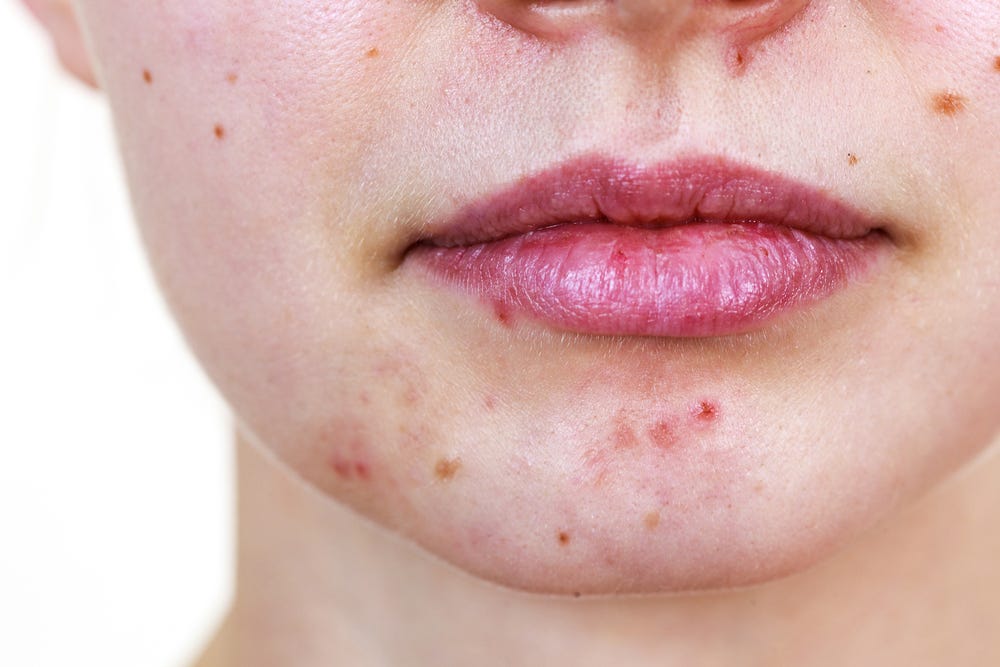
There are three main subtypes of adult acne:
- Persistent acne: the most common type, found in 70-80% of cases, where acne appears in adolescence and continues into later life.
- Late-onset acne: affects 20-40% of women, with acne first appearing at the age of 25 or later.
- Recurrent acne: when acne appears in adolescence, goes away for a while and then flares up again at an older age. This subtype is the least described and thought to be the rarest.
Unlike teenage acne, adult acne has a “U” shape – on the lower jaw, chin and neck. Skin oiliness is less frequent, and sometimes there may be fewer (or no) comedones.
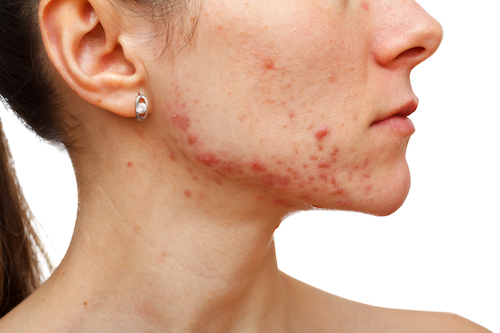
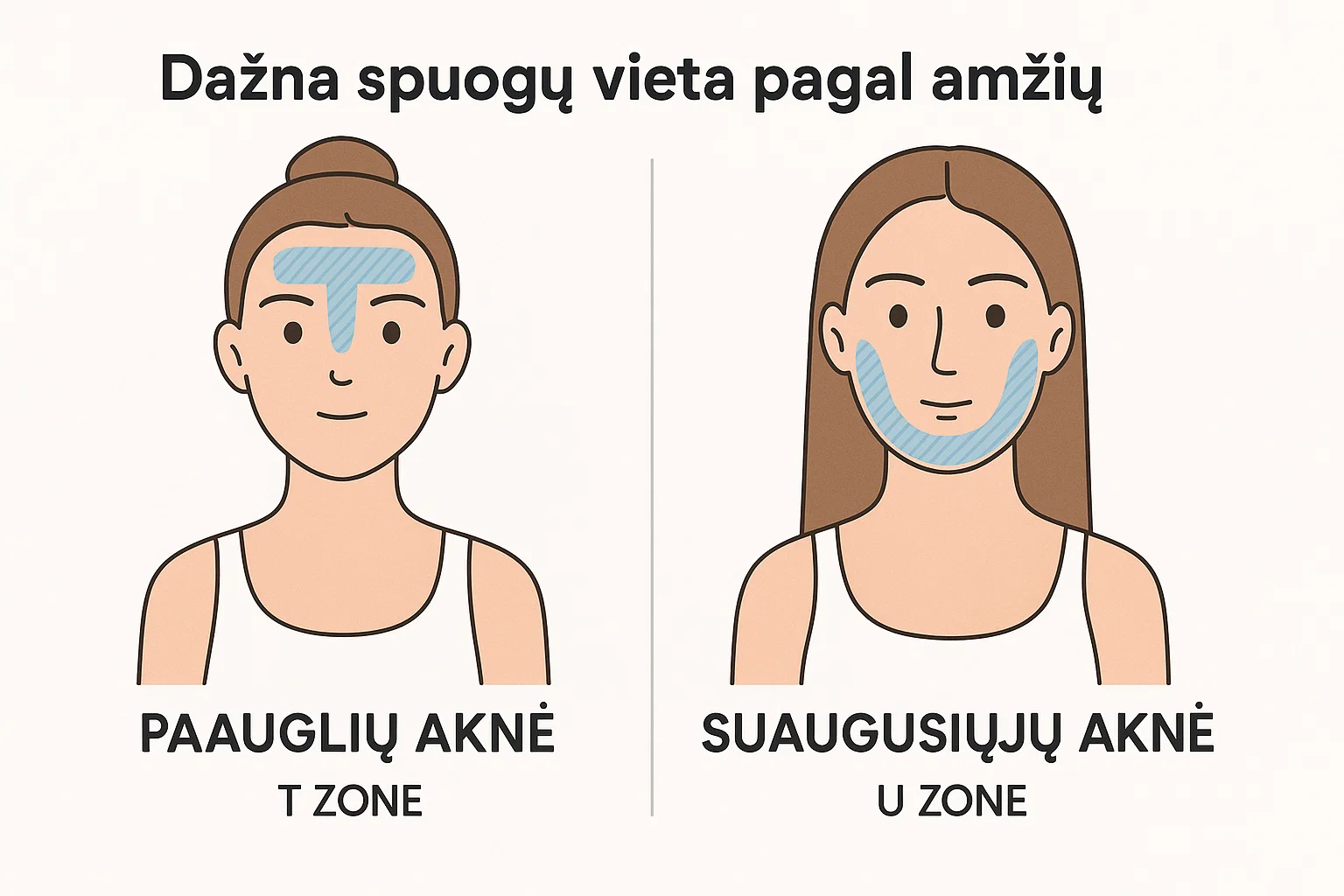
-
- Genetic predisposition
- Diet
- Tobacco use
- Chronic stress
- Cosmetics used
- Medicines
Regardless of the severity of acne, a good daily skincare routine is essential:
-
-
- Non-comedogenic and gentle cleanser (pH 4-6)
- Moisturising cream
- Sun protection
-
There is also a growing body of evidence on the importance of the skin barrier in balancing the skin microbiome.
It is therefore recommended to use moisturising creams to help rebuild the skin barrier and to avoid aggressive, irritating and drying substances.

1. Bagatin E, Rocha M, Freitas T, Costa C. Treatment challenges in adult female acne and future directions. Expert Review of Clinical Pharmacology. 2021;14(6):687-701.
2. Branisteanu D, Toader M, Porumb E, Serban I, Pinzariu A, Branisteanu C et al. Adult female acne: Clinical and therapeutic particularities (Review). Experimental and Therapeutic Medicine. 2021;23(2).
Nail psoriasis
Psoriasis is a form of chronic systemic inflammatory autoimmune disease that mostly affects fingernails and toenails.
Lyme disease
It is contracted when a blood-sucking tick injects intestinal contents containing bacteria into a wound. Untreated Lyme disease can damage not only the skin, but also the internal organs, joints and nervous system.
Psoriasis
A common, chronic, inflammatory, recurring skin disease that affects 2-3% of the population. Psoriasis can start at any age, and is most often found in adults.
iDerma
MB iDerma
Fabijoniškės g. 99, Vilnius
+370 670 70 822
info@iderma.lt

